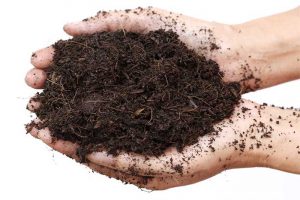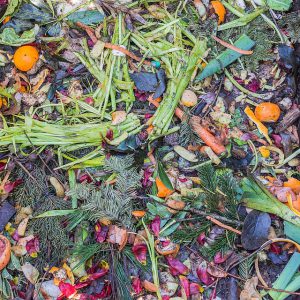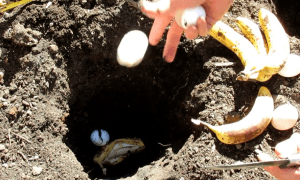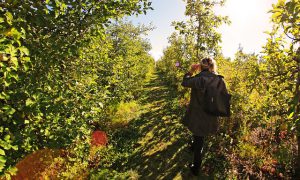 We all know that healthy soil is one of the bases of healthy plants and environment. This is because when your garden soil is in good condition, there is less need for pesticides or fertilizers. Organic soil is generally rich in humus which is the by-product of decaying materials like compost, leaves, and grass clippings. It is loose, filled with air that the plant roots need, holds moisture but drains well, and has lots of minerals essential for strong plant growth. To achieve this kind of organic soil at home, follow the steps below:
We all know that healthy soil is one of the bases of healthy plants and environment. This is because when your garden soil is in good condition, there is less need for pesticides or fertilizers. Organic soil is generally rich in humus which is the by-product of decaying materials like compost, leaves, and grass clippings. It is loose, filled with air that the plant roots need, holds moisture but drains well, and has lots of minerals essential for strong plant growth. To achieve this kind of organic soil at home, follow the steps below:
- Soil Cultivation. Develop your garden soil in order for your plants to have proper drainage, suitable root movement so it gets the required nutrients, as well as good aeration which ensures that the plant roots obtain the oxygen it needs to thrive. To do this, make sure that the soil is not too dry by watering the ground well. Guarantee that the soil is not too wet either. You’d know it’s got too much water if the ground is flooded or muddy. Lastly, get rid of weeds and debris.
- Use of organic matter. Not only that plants need sunlight and water to grow, they also require the vitamins and minerals offered by decomposing matters in order to survive. That’s why adding your choice of organic matter to your garden plot is highly recommended. Test your soil to find out what mineral deficiencies are there which needs to be addressed. Addition of organic matter may start by placing a layer of organic compost (about 1 to 3 inches worked into the first 4 to 6 inches of soil) over the entire garden patch then adding leaf mold. You may also add aged manure to it. Fresh ones have to be composted first for at least 6 months so as to keep it from harming your garden.
- Adequate space. Growing your vegetables too close together can significantly increase their susceptibility to various plant diseases and even reduce their overall productivity since they tend to fight for the same essential resources to thrive. That’s why, it’s crucial that there is enough space for all of your organic plants. You may stake or cage your tomato plants to keep them from touching the soil and/or transplant those seedlings which have grown too close together.
Be reminded that organic gardening is not an effortless, one-time project, but a rather complicated process that takes months or even years to perfect. Healthy soil is very important as it provides your veggies food and water, and helps them grow well; giving higher yield with less effort. If you want to grow superior crops, never forget to take good care of your garden soil all throughout the year. To keep it healthy, always see to it that you use well-drained soil, avoid soil erosion, stay off wet soil, add compost, have it tested, and apply organic matters to make it even healthier.
Click here to Find out how to Compost your food Scraps at home.







